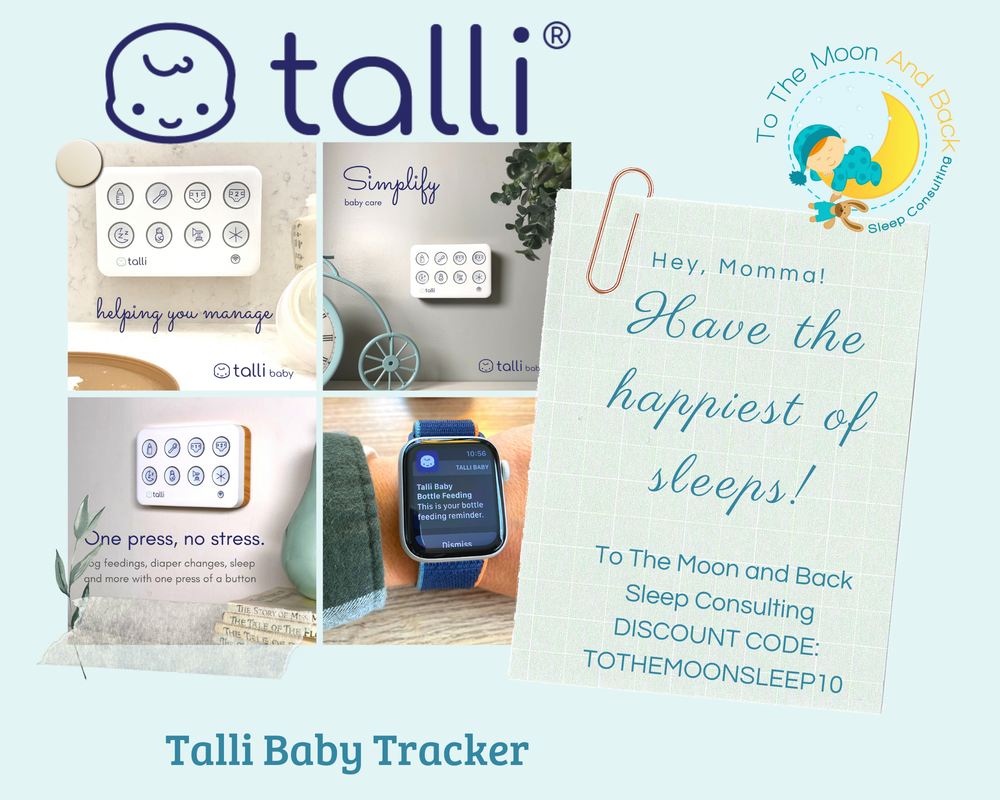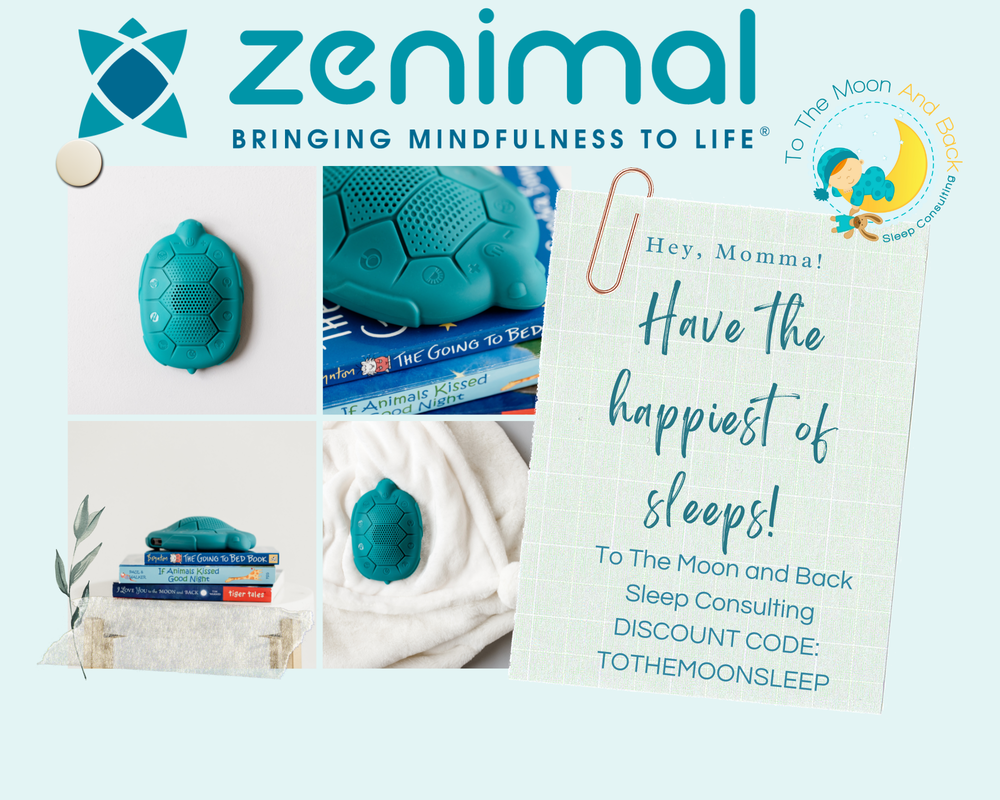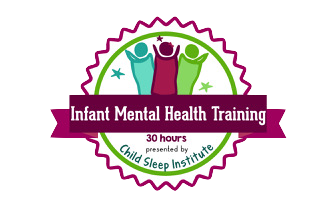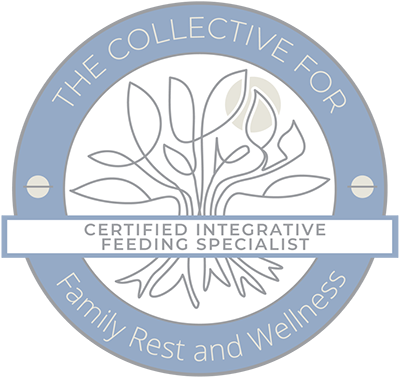 Once your baby reaches six months old, nighttime feedings often become less about nutritional necessity and more about comfort and habit. This is an ideal time to begin transitioning your baby’s calorie intake from night to day. Understanding the biology of how a baby’s body regulates calorie needs can help make this transition smoother and ensure that your baby continues to thrive. The Role of Caloric Intake in Baby’s Growth Biological Basis of Caloric Regulation Babies are excellent at self-regulating their calorie intake. Research shows that, much like adults, if they consume fewer calories at one point in the day, they tend to compensate by eating more at another time to meet their energy requirements. This innate ability is crucial as it helps maintain their growth and development trajectory. Caloric Needs and Development As infants grow, their energy needs per pound of body weight decrease, but the total amount of calories they need increases as they get larger and more active. By the time a baby is six months old, they are typically ready to start solid foods, which helps them meet their increasing nutritional demands. Transitioning Nighttime Calories to Daytime Step 1: Calories Missed at Night equal Calories Made Up During the Day When we begin to sleep train, it is often recommended that we reduce or eliminate all nighttime feedings. This will help ensure that the baby is not confused by the new expectations in the night and learns to sleep through without consuming calories. Eliminating nighttime feeds often concerns parents, but the reality is that the baby’s body will demand this calorie deficit to be made up the next day. Usually through more oz in a bottle, a more extended nursing session or more solid food at each meal. It’s not about pulling nighttime feed but more about reorganizing calorie intake. Step 2: Increase Daytime Feeding Opportunities Offer more frequent daily feedings to compensate for the reduced calorie intake at night. This can include more opportunities to breastfeed or bottle-feed and introducing nutrient-dense solid foods if your baby is ready for them. Step 3: Observe and Adapt Monitor your baby’s response to these changes. Look for signs of hunger and fullness, and be flexible in your feeding schedule. Babies may need time to adjust their hunger cues, so pay close attention to their needs. Step 4: Establish a Consistent Routine As your baby begins to adapt, establish a consistent daytime feeding routine. This helps set their internal clock to expect nourishment during the day rather than at night, aiding in better sleep patterns for both babies and parents. The Science Behind Calorie Shifting The concept of shifting calorie intake is backed by understanding that a baby’s metabolic rate is adaptable. During the first year of life, an infant’s metabolic rate is highly responsive. This adaptability ensures they can meet their energy needs through varying feeding patterns. As nighttime calories decrease, their body adjusts to absorb and utilize more nutrients during the day. This is why consistent daytime feeding becomes crucial in maintaining adequate growth and nutritional status. Ensuring Adequate Nutrition As you work on transitioning your baby’s feeding schedule, it’s essential to ensure they receive a balanced intake of nutrients. If you’re introducing solids, include a variety of foods to cover the nutritional spectrum, such as iron-rich foods, which are important at this stage of development. Conclusion Transitioning your baby from night to day feedings is not just about reducing nighttime interruptions — it’s about aligning their eating patterns with their natural developmental changes. By understanding the biological science behind calorie regulation and providing appropriate nutrition during the day, you can help facilitate this transition smoothly, ensuring your baby continues to receive the energy they need to grow healthy and strong. References:
AuthorErin Neri - Certified Pediatric Sleep Consultant and Owner of To The Moon and Back Sleep Consulting since 2016. Debunking Myths: The Truth About Cereal in a Baby's Bedtime Bottle
As an infant sleep expert, I want to clarify a common belief among parents: adding cereal to a baby's bedtime bottle to help them sleep longer. This practice is not only ineffective but can also be harmful to your baby's health and sleep patterns. Understanding Sleep and Nutrition The idea that cereal in a bottle will make a child feel fuller and sleep longer at night is a misunderstanding. A baby's ability to sleep through the night is more about their developmental stage and their ability to self-soothe, rather than the amount of food consumed before bedtime. The Risks of Early Introduction of Solids Introducing solids, including cereal, too early can be risky for your baby:
The Role of Sleep Props Often, the issue with a baby's sleep is their reliance on sleep props, such as feeding or rocking, to fall asleep. Teaching babies to fall asleep independently is key to helping them sleep through the night. Caloric Considerations Adding a tablespoon of baby cereal to a bottle adds about 57.2 calories. This slight increase in calories is unlikely to significantly affect a baby's sleep duration. Sleep quality and duration are influenced more by sleep habits and developmental stages than by a small increase in caloric intake. In Conclusion In essence, adding cereal to a baby's bedtime bottle is not advisable. It doesn't contribute to longer sleep and can pose health risks. Fostering good sleep habits and allowing your baby to self-soothe are far more effective for healthy sleep patterns. Always consult with a pediatrician before changing your baby's diet or sleep routine. Remember, each baby is unique and may have different needs. It’s common knowledge that sleep deprivation is part of the new-parent package. Everyone teases new parents about the myth that they’ll never sleep again. Many people have come to accept feeling tired day after day as just one of the burdens of parenthood, but did you know that lack of sleep can impact your cognitive functions, including emotional processing and perception? Today, we will delve into some scientific findings that underline the importance of adequate sleep and how it can transform your parenting experience.
Research has established a link between sleep deprivation and emotional processing, particularly how we perceive and respond to negative emotional stimuli. While no studies specifically focus on the effects of sleep deprivation on parents’ reactions to a child’s cries, extrapolating from current research offers some interesting insights. In 2007, a study conducted by Yoo et al. revealed that sleep deprivation results in the amygdala—the area of the brain involved in processing emotions—reacting more to negative emotional stimuli. What does this mean for you as a new parent? With the sleep deprivation that often accompanies this phase of life, your emotional responses could be heightened, potentially causing you to perceive your baby’s cries as more distressing than they might be under-rested conditions. Further emphasizing the effect of sleep deprivation on emotional regulation, a study by van der Helm et al. in 2010 showed that sleep deprivation could impair emotional regulation by disrupting the connectivity between the amygdala and the prefrontal cortex. The prefrontal cortex plays an essential role in controlling emotional responses, implying that sleep deprivation might exacerbate negative or distressing perceptions, such as the sound of your baby crying. These studies suggest that sleep deprivation might lead to amplified emotional reactivity and altered perception of emotionally taxing stimuli. In a nutshell, you may be overreacting. This is where my role as a Sleep Sense Consultant comes into play. I am here to help ensure your family transitions smoothly into this new phase of life, with everyone achieving healthier, more restful sleep. By implementing tailored, gentle strategies, we can work together to help your baby (and you!) get the sleep needed to thrive. But why does this matter? A well-rested parent is more likely to have balanced emotional reactions, making it easier to respond to your child’s needs effectively. Adequate sleep not only aids in maintaining emotional balance but also helps to improve overall mental and physical health. The result? A more serene and enjoyable parenting experience. Sleep deprivation is not an inevitable part of parenthood. With the proper guidance and a little patience, you can enjoy these precious early days with your newborn without the burden of chronic fatigue. As a Sleep Sense Consultant, my mission is to support you in this journey, using evidence-based techniques to promote healthy sleep habits for your whole family. References: Yoo, S. S., Gujar, N., Hu, P., Jolesz, F. A., & Walker, M. P. (2007). The human emotional brain without sleep — a prefrontal amygdala disconnect. Current Biology, 17(20), R877–R878. https://doi.org/10.1016/j.cub.2007.08.007 van der Helm, E., Gujar, N., Congratulations, you! If you’re reading this, there’s a pretty good chance you’ve either just welcomed a new addition to your family or are planning on doing so pretty soon.
Welcoming a new baby into the family is an exciting time. Still, it can also bring about a mix of emotions for your older child, especially toddlers. It’s essential to navigate this transition with care and consideration to ensure a smooth adjustment for everyone involved, so today, let’s explore some strategies for introducing your new baby to your toddler and prepare you for some potential challenges that may lay in store. Embrace a Little Bit of Jealousy: Accepting that your toddler may experience feelings of jealousy is the first step toward fostering understanding and empathy. Don’t attempt to stifle or suppress these emotions. Acknowledge, validate, and reassure your toddler that their love and importance within your family unit haven’t diminished. Encourage open communication and be available to listen, really listen, to their concerns. Set Clear Expectations: Maintaining boundaries is essential during this transition period. Clearly communicate your expectations to your toddler, explaining the new dynamics and what is expected of them as an older sibling. Frame these expectations positively, emphasizing the importance of their role in welcoming and caring for the new baby. Encourage them to participate in age-appropriate activities, such as helping with diaper changes or selecting a toy for their sibling. Toddlers typically love the feeling of responsibility and maturity that comes from helping their parents with a new baby, so do what you can to nurture that older sibling relationship. Prepare for Regression: As your toddler adjusts to their new sibling, it’s common to witness some regression in sleep patterns, behaviour, and even potty training. Be patient and understanding during this phase, reinforce positive habits gently, and provide reassurance when setbacks occur, but remember, you set some expectations and communicated them to your toddler, so while it may be tempting to let them slide back into familiar routines, such as using diapers or sleeping in the crib, it’s important to maintain consistency and encourage growth. Uphold Boundaries: Consistency is key when it comes to maintaining boundaries. While it may be tempting to give in to your toddler’s demands during this time of change, it’s essential to stand firm. Resist reverting to previous practices, such as allowing them to sleep in the crib or returning to diapers. Upholding these boundaries reinforces their role as an older sibling and helps create a sense of stability and routine. Create Special One-on-One Time: I get it; free time isn’t exactly in abundance after you bring a new baby into the house. But it’s essential to carve out moments of individual attention for your toddler. Set aside a little time every day for your older child to engage in activities they enjoy, such as reading a book together, going for a walk, playing a game, or whatever makes them happy. These shared experiences will help strengthen the bond between you and your toddler, reaffirming their importance in your life and reassuring them that the new baby isn’t a replacement for them. This is probably the single most important tip I can give you for preventing feelings of jealousy and resentment, so again, I know you’re probably feeling a little overwhelmed, but make this a priority. Obviously, introducing a sibling is a significant milestone for your family, but it’s particularly uncharted waters for your older child. It will require patience, understanding, and a lot of conscious effort on your part. But by familiarizing yourself with potential challenges, setting clear boundaries, and nurturing a positive sibling relationship, you can create an environment that fosters love, support, and harmony within your growing family. Remember, with time, patience, and consistency, your toddler and new baby will forge a special bond that will last a lifetime. Tell me if this scenario sounds familiar…
Your baby wakes up in the morning after a solid night’s sleep. You feed her, change her, play with her for a little bit, take her for a little walk outside, then rock her to sleep and put her gently into her crib for her morning nap. And then, 30 minutes later, she wakes up fussy and irritable and, despite your pleading, bargaining, and offers of riches, refuses to go back to sleep. So, after half an hour of trying to put her back down, you finally give in, hoping she’ll be that much more tired when her afternoon nap rolls around, only to have the exact same scenario play out again, and baby is a cranky ball of unhappiness for the rest of the day. Sleep, like food, is one of those elements where baby has the final say on whether or not they’re going to cooperate, so there’s no sense trying to force the issue. If they’re not sleeping, just leaving them in their room usually won’t fix things. So, here’s what’s going on, and how to fix it. If you plan on addressing your little one’s sleep issues, I want to prepare you for something. It’s possible that things are going to get worse before they get better. For some babies, that might mean a night or two of more intense crying at bedtime; for some, it might mean more like four or five. That probably doesn’t come as a big surprise. If you have a child that doesn’t sleep well, you’ve probably already established an elaborate routine to respond to your baby’s bedtime. It’s usually a combination of feeding, bouncing, getting them settled in your arms, popping in a pacifier, and getting them into their crib at the exact right moment. Why? Because if you try to do it any other way, your baby will cry. And if you don’t give in, they’ll cry even louder and harder. It’s a common response to behaviour modification known as an extinction burst. EXTINCTION BURST An extinction burst occurs when a behaviour that has been previously reinforced suddenly stops being reinforced. In other words, when a baby is used to receiving a specific response or reward for a particular behaviour, and that response or reward is suddenly removed, the baby will increase the intensity and frequency of that behaviour in an attempt to get what they want. In this case, the rocking, shushing, or nursing to sleep that they’re accustomed to. Extinction bursts can occur in various situations, from sleep training to weaning from breastfeeding. They can be particularly challenging for parents to navigate, as it can be difficult to tell if the baby is seeking attention or if they’re genuinely upset. However, it’s essential to understand that extinction bursts are a normal part of a baby’s development and are not a sign that something’s wrong. So, how can parents cope with these bedtime extinction bursts? One word. Consistency. CONSISTENCY Suppose you have decided that a particular behaviour is no longer acceptable or that a specific reward will no longer be given. In that case, it’s crucial to stick to that decision and not give in to the baby’s increased efforts to elicit the desired response. Staying consistent isn’t going to be easy, I know. The increased intensity of the baby’s crying will be stressful and occasionally overwhelming. Still, it is important to remain calm and consistent. Get your partner involved or call in the support team, whether it’s your parents, your in-laws, your friends, or a professional sleep consultant so that you can take a break when things get to be too much for you. As tough as things get, don’t forget this crucial fact. Extinction bursts are temporary. Good sleep habits are not. Once you’ve come out the other side of this experience, you can look forward to years of your little one sleeping soundly through the night. Need help to stay consistent and get through your child's extinction burst? Book your Free 20-minute Sleep Evaluation Call with me and I can explain how I can help make this transition to independent sleep a lot smoother. AuthorErin Neri - Certified Pediatric Sleep Consultant and Owner of To The Moon and Back Sleep Consulting since 2016. If you plan on having kids, you should pencil in a few accessories into the budget. A crib, a stroller, and a high chair are all mandatory when bringing home a new baby. And, of course, you’re going to need a baby monitor. I honestly don’t think I’ve worked with a family without a pretty sophisticated baby monitor set up in the nursery. These days, they fall right alongside those other items as “essential” baby equipment. And hey, not for no good reason, right? Baby monitors, even the most basic ones, provide some much-needed peace of mind for parents when they’re not in the room with their little ones. Unfortunately, they’re a bit of a double-edged sword because, for all the peace of mind they can provide and have the exact opposite effect. I often see parents running into their baby’s room the moment they hear the slightest peep out of the monitor. They check to make sure baby’s in a comfortable position, they check their temperature to make sure they’re not too hot or too cold, they check their diaper to see if they might need a change, and after they’ve confirmed that everything’s as it should be, they head back out of the room, sit down for a few minutes until they hear another rustle come through the speaker, and then they’re back in action, repeating the whole process. Seriously. I’ve seen it happen with more than a few families. And I assure you, I’m not exaggerating even a little bit! Now, if you’re reading this and thinking, “What’s so strange about that?” then it’s possible that you are, in fact, addicted to your baby monitor. Interesting little side note here, did you know that the first baby monitor was invented back in 1937 as a result of the infamous Lindbergh baby kidnapping? It’s true! Eugene MacDonald, then president of Zenith (a familiar name in electronics for all of us old-timers), heard about the incident and commissioned designer Isamu Noguchi to create a radio device to transmit sound from the baby’s room to a receiver elsewhere in the house. Good luck snatching a baby out of their crib now, you stupid kidnappers. Over the years, monitors have become increasingly sophisticated. First, they switched from radio to digital signals, did away with the wires, and added two-way communication so parents could speak to their babies as well as hear them; then came the video monitors, wi-fi capability for better picture and sound, and now, now they can monitor a baby’s heart rate, oxygen levels, movements, breathing, sleeping position, even whether or not baby’s got a wet diaper. And therein lies the problem. On the one hand, I think it’s great that we have the technology to monitor our baby’s vital signs and make sure they’re not in a dangerous sleeping position. On the other hand, it’s not exactly good for your mental wellness or your baby’s sleep if you’re in a state of hyper-vigilance throughout the night and rushing in to “fix” things every time baby fusses a little, or the temperature in the nursery rises by a half a degree. Now, I know the absolutely gut-wrenching anxiety that parents have about keeping their little ones safe. There’s absolutely no instinct in the world more powerful than the desire to protect your kids. Still, there’s a big difference between exercising due care and obsessing over unnecessary details. Bear in mind that baby monitors have not proven to be effective in reducing the incidence of SIDS. Bear in mind that baby monitors have not proven to be effective in reducing the incidence of SIDS, so even with the millions, probably billions of these machines in nurseries around the world, they haven’t really done anything to prevent the one major catastrophe that parents are desperately trying to avoid. Again, I don’t want to discourage the use of a monitor. But if you’re going to use one, remember what they were designed for. They’re for peace of mind and to inform you of a potential emergency, not to act as a call button demanding immediate attention every time you hear your baby stirring at night. Allowing them to fall back to sleep when they wake up in the night is important and actually essential if you want them to learn the skills they need to enjoy nights of restful, rejuvenating sleep regularly. If you want to minimize the potential for SIDS, injuries, or other nighttime mishaps, check out the American Academy of Pediatrics guide to safe sleep. You’ll find some incredibly valuable information there. Most notably, put your baby on their back to sleep, keep the crib clear of any possible airway obstructions, don’t smoke, breastfeed if possible, and use a firm mattress and a tightly secured fitted sheet. That will go a lot further toward keeping your baby safe than even the most technologically advanced baby monitor ever could. In short, if your baby monitor gives you peace of mind, keep using it. However, it’s time to make a change if it’s stressing you out. Ready to make a change for your family? I can help you teach your baby or toddler independent sleep skills so they have control over their own sleep so they are sleeping peacefully through the night and napping like a champ. All while supporting you, mom, to gain peace of mind around baby's ability to sleep well and letting go of the baby monitor addiction. Book Your Free 20-minute Sleep Evaluation Call now and lets chat about what's going on in your family and how I can help. AuthorErin Neri - Certified Pediatric Sleep Consultant and Owner of To The Moon and Back Sleep Consulting since 2016. "Mothers are basically part of a science experiment to prove that sleep is not a crucial part of human life." - Unknown This meme is meant to be a joke, but it's actually not funny, in my opinion, because it speaks to a problem in our society that says it's ok to live in a chronic state of sleep deprivation. That it's an acceptable part of being a mother. But no one is giving out medals for the Most Sleep Deprived Mother! So while this seems to be true on so many levels, it doesn't have to stay this way when a mother is sleep-deprived due to a child lacking independent sleep skills. Science tells us that the levels of sleep deprivation that mothers & children face have dire consequences on our physical and mental health. Our children's development, cognition, immune systems, emotional regulation, & so much more are negatively impacted by nightly broken sleep & poor naps. When a child lacks control over their own sleep, when they lack independent sleep skills and are having frequent or prolonged night wakings, early morning wake-ups, short naps, or any other sleep difficulty, this means that they are carrying a sleep debt. They are sleep deprived. If this has been going on for more than a couple of days, they would be considered to have CHRONIC Sleep Deprivation. As mentioned above, this can cause a whole host of problems for our children. However, you might not realize that it could affect the attachment bonds between parent and child. Attachment Bonds Harming attachment bonds is one of the main things that parents are concerned about when considering sleep training; will the process damage those vital bonds? No, it does not; the way I teach it to families, sleep training can actually strengthen attachment bonds. Now let's consider the parent-child relationships when they both live in a state of chronic sleep deprivation. Parents are irritable, lack patience & can begin to detest bedtime & nap times, & even begin to resent their child. Parents get no space, no time for themselves, no time to keep up the house, no time with their spouse. They get little time to enjoy being a parent, because so much time is spent in a state of crankiness on both parts. There becomes a battle of wills between parent & child. The child can't regulate their emotions & goes into fight or flight for bedtime, nap time & any other time. Parents cannot parent how they want to & children can't thrive & grow as they are intended to. Chronic Sleep-Deprivation like this can be fixed. Bonds don't need to be damaged any further & can be repaired. I can help turn your family's sleep around & help you become a well-rested family. Book Your Free 20-Minute Sleep Evaluation to discover how my sleep programs can help your family take your sleep success to the moon and back. Life becomes more enjoyable when you're well rested! AuthorErin Neri - Certified Pediatric Sleep Consultant and Owner of To The Moon and Back Sleep Consulting since 2016. Let’s be real here. When we get right down to the heart of the matter, this is the question you really need an answer to, am I right? Your baby is regularly waking up sometime during the night, and when they do, they start to fuss, they need you to soothe them back to sleep somehow, and the disruptions to everyone’s sleep are leaving the entire family exhausted, baby included. Now, I’m not going to tell you there’s a simple “one-size-fits-all” solution to this problem because, after all, I’d have to find a new line of work if there were. But I am going to tell you that there’s almost always a single cause for a baby or toddler not being able to sleep through the night, and it’s the same reason in about 90% of the cases I deal with. Before we get to that, though, let’s rule a couple of things out.
And that, I’m happy to tell you, pretty much sums it up. If your baby’s comfortable and fed, there’s really only one major reason why they can’t sleep through the night. Are you ready for it? It’s because they don’t know how. Now I know we’ve all heard the sound bites and talking points on social media. “Babies will sleep when they’re ready!” “Sleep is developmental!” “Just ride it out. It won’t last forever.” and so on. I have to admit to a little low-key rage whenever I read comments like that because… a) It doesn’t help and b) It tells people to avoid fixing an issue that absolutely can and should be fixed! If someone asked how to get a sliver out of their little one’s foot, would anyone respond with, “Just be patient. It’ll work its way out eventually. Hang in there mama! You’re doing great!” I certainly hope not, although given some of the comments I’ve seen on social media, I wouldn’t say it’s out of the realm of possibility. (OK, that’s the end of my rant. Back to the good stuff!) So what do I mean when I say that babies wake up because they don’t know how to sleep through the night? All of us, babies and adults alike, sleep in cycles. When we get to the end of a cycle, we’re no longer in a “deep” sleep. We’re hovering right around the point of waking up, and a lot of the time, we do wake up. Us adults have so much experience falling asleep, we can usually just look at the clock, realize we’ve still got a few more delicious hours before our alarm goes off, and we close our eyes, maybe roll over onto our other side, and go right back to sleep. Babies haven’t had nearly as much practice, and very often, I mean VERY often, they get a bunch of help when it’s time for a snooze. They get bounced, shushed, cuddled, rocked, serenaded, taken for car rides, rolled around in their stroller, or fed to sleep. So when they wake up after a sleep cycle, which again, is going to happen regularly for their entire lives, they can’t get back to sleep again without that extra help, so mom or dad needs to get up and repeat whatever process baby’s accustomed to. That’s the issue, and like I say, it’s the issue with about 90% of the babies I work with. How do you address that issue? Well, that’s where things get tricky because the solution varies tremendously depending on the baby and their parent’s compatibility with various approaches to resolving the problem, but the cause is almost always a dependency on some form of sleep assistance from a caregiver. So when you hear someone saying that babies don’t sleep through the night, or that it’s natural for them to wake up several times, that’s absolutely correct. When they tell you that all you can do is wait it out, that’s absurd. You can absolutely teach your little one the skills they need to sleep through the night, and I’d be delighted to show you how. AuthorErin Neri - Pediatric Sleep Consultant and Owner of To The Moon and Back Sleep Consulting since 2016. |
To The Moon and Back Sleep ConsultingProviding families the tools & support they need to get their little ones sleeping through the night and napping like champs! Everyone has more fun when they are well rested! Visit Wollino - Discount Code: TOTHEMOONANDBACK10
Browse
All
|
All information provided on this website, including texts, images, and other materials, are for informational purposes only and should not be considered a replacement for assessment or treatment by a healthcare provider.
© COPYRIGHT 2016-2024 TO THE MOON AND BACK SLEEP CONSULTING. ALL RIGHTS RESERVED. WAKING GIRL WEB DESIGN
© COPYRIGHT 2016-2024 TO THE MOON AND BACK SLEEP CONSULTING. ALL RIGHTS RESERVED. WAKING GIRL WEB DESIGN


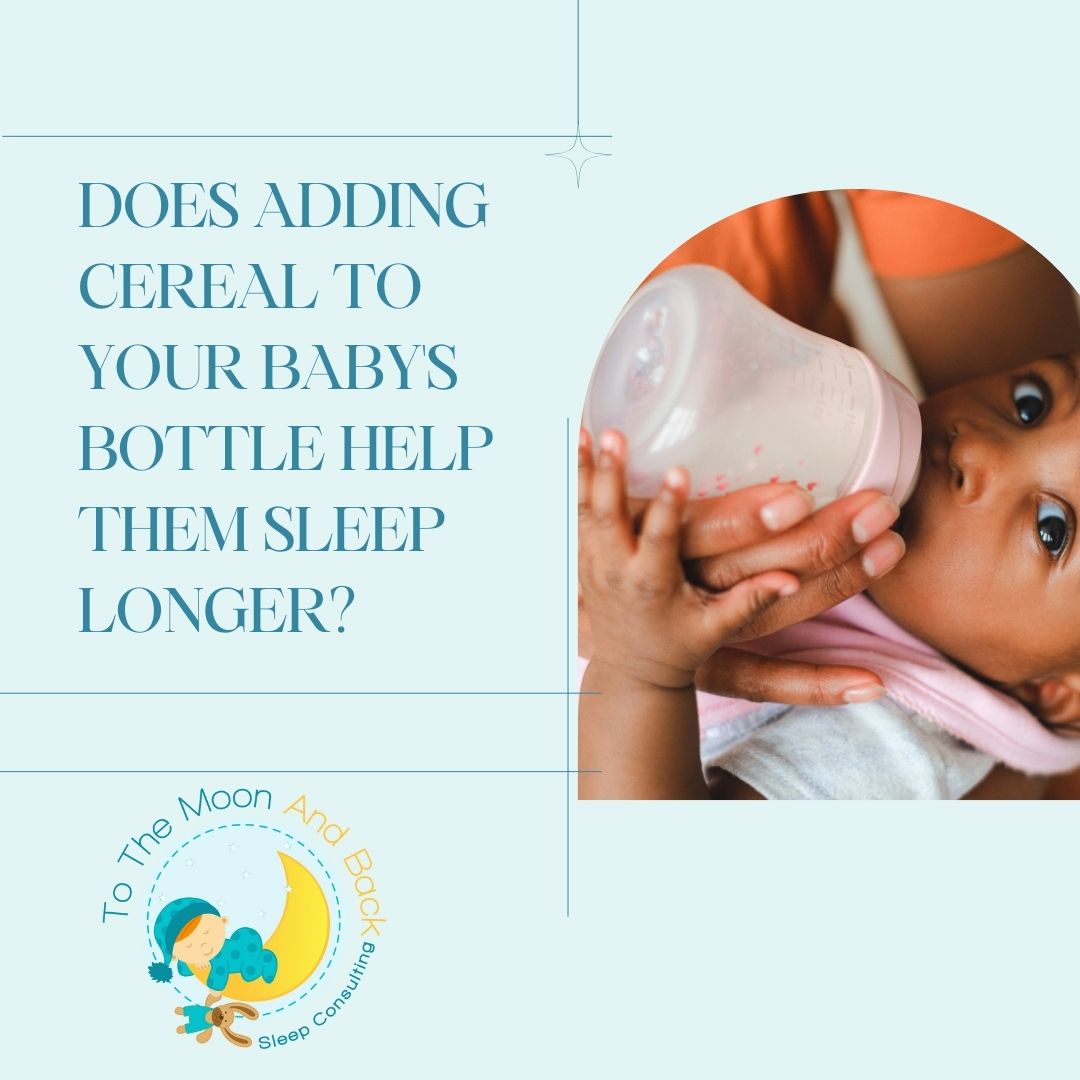
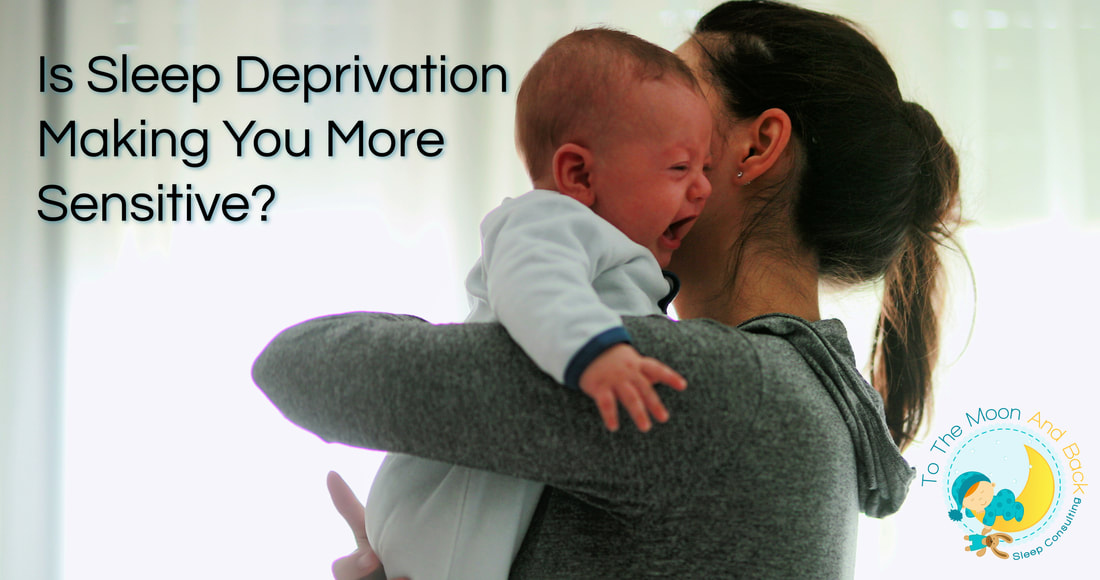

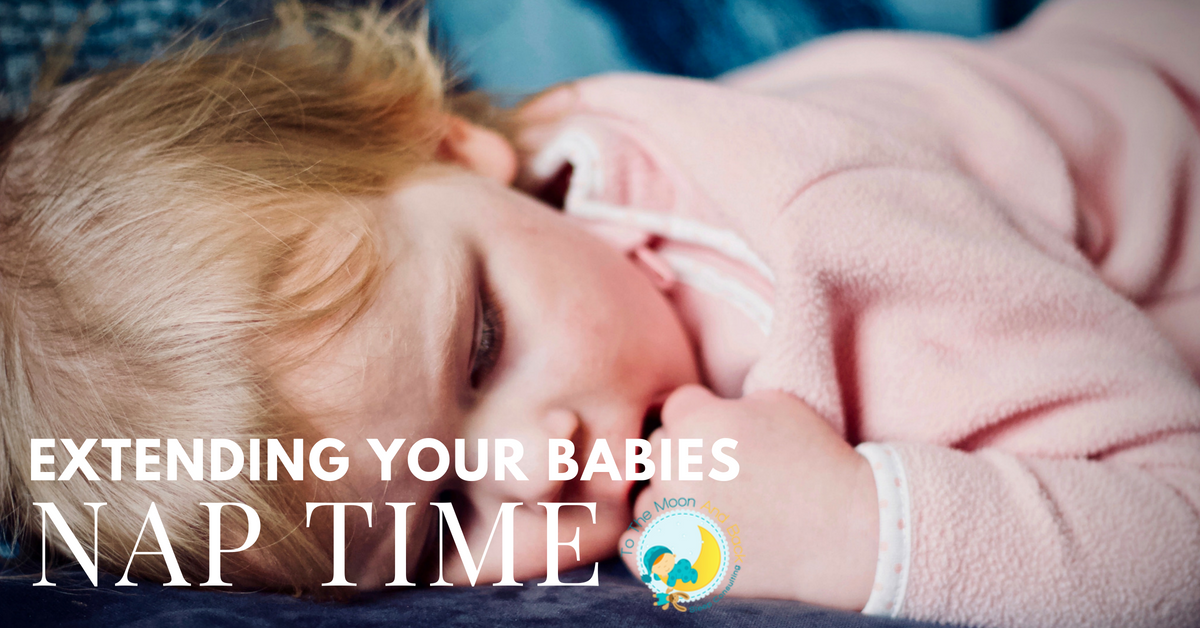

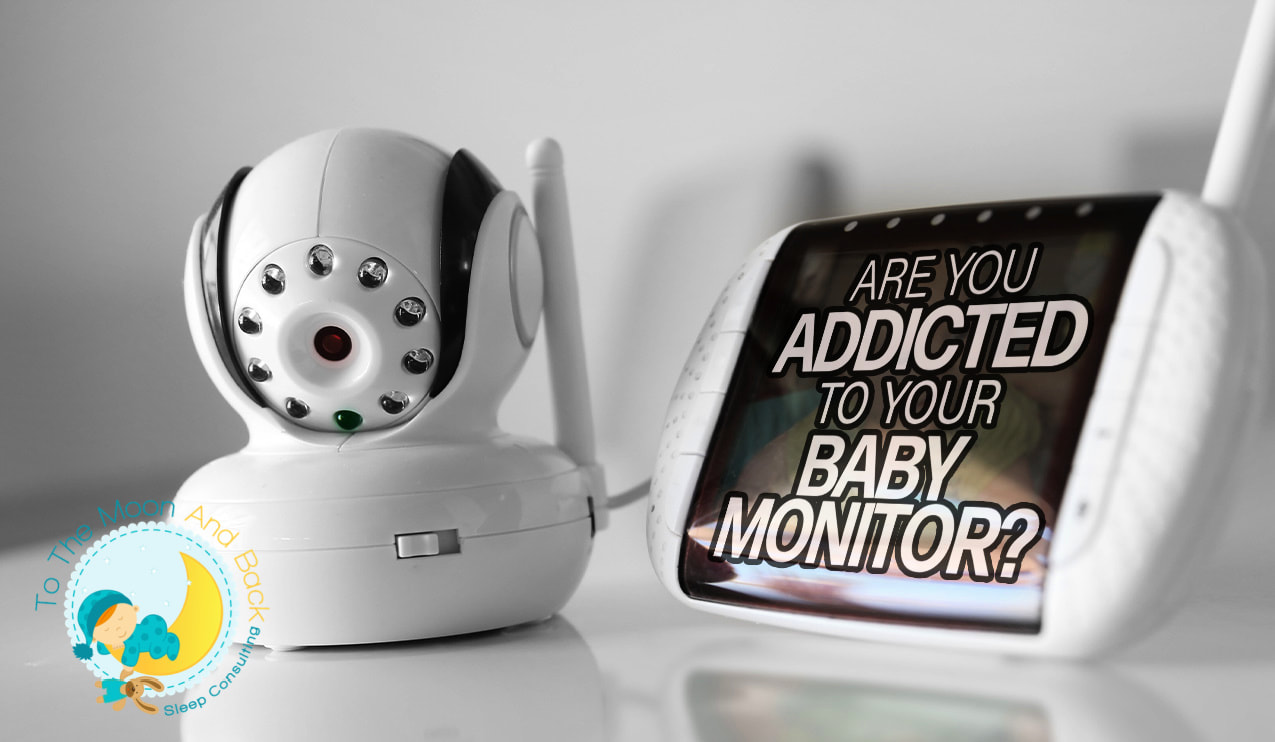
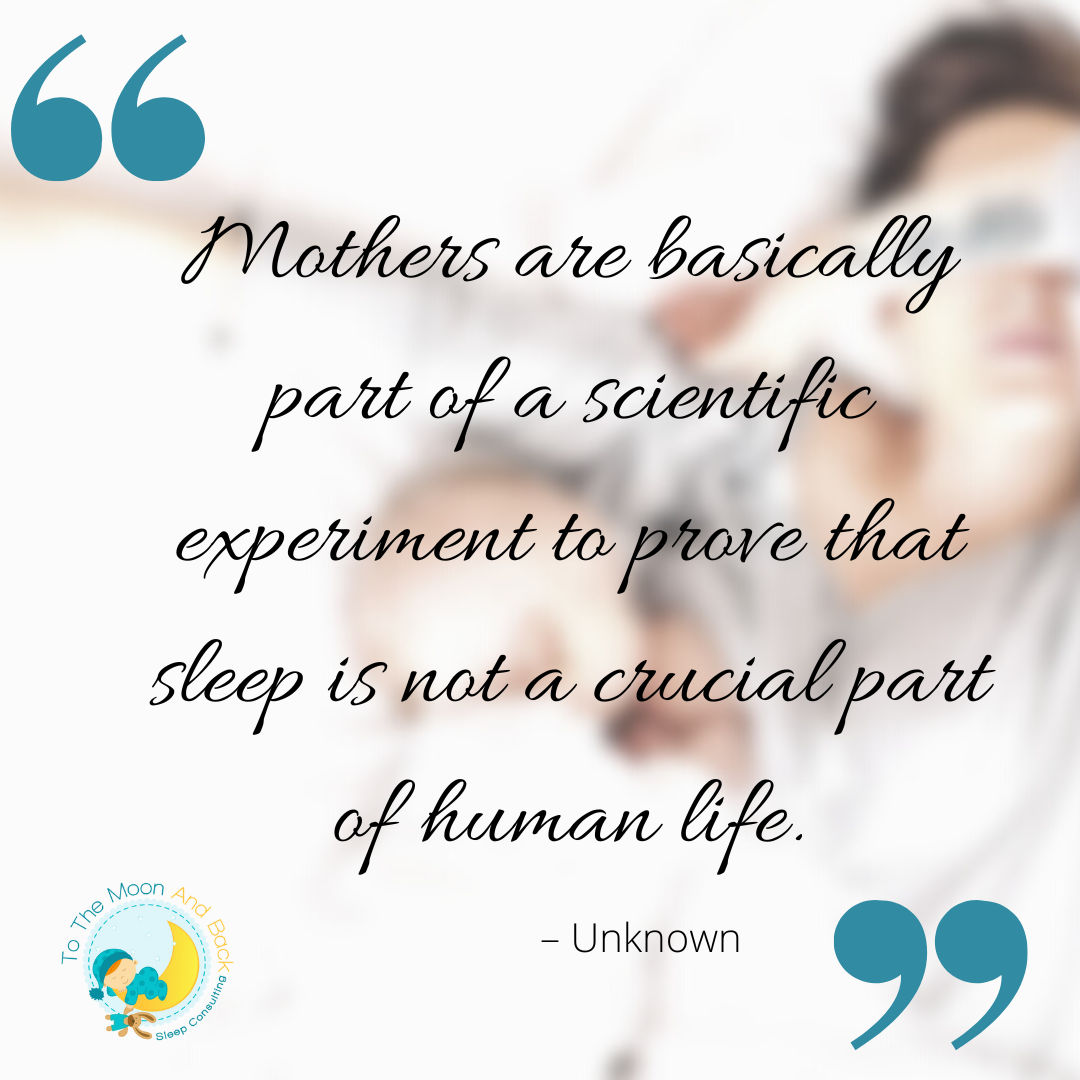




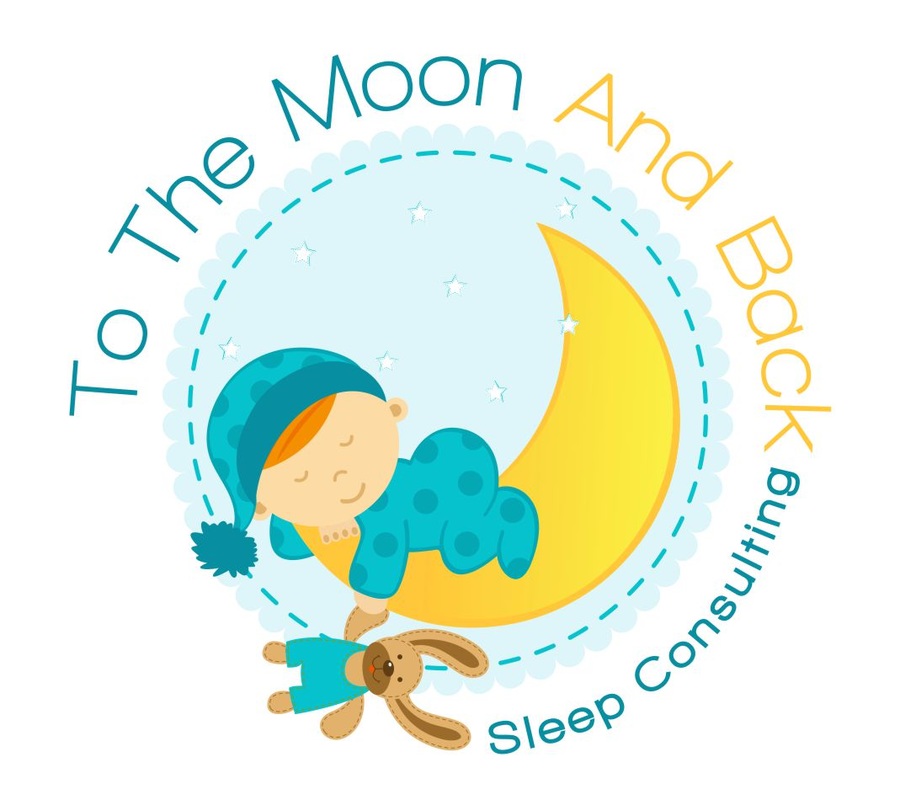

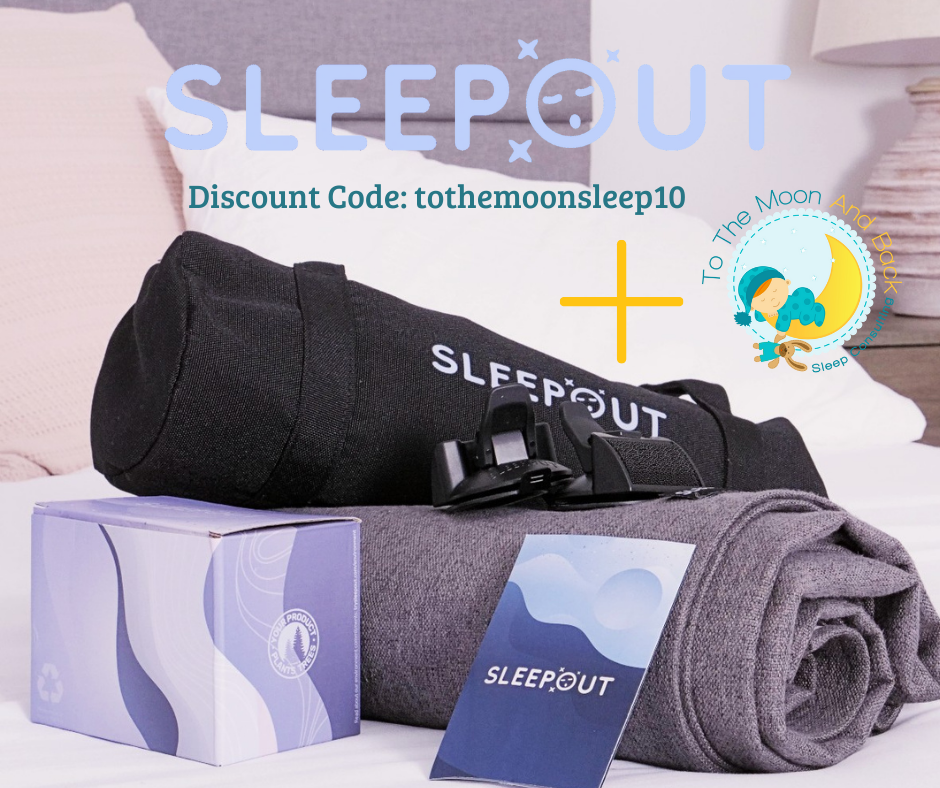


 RSS Feed
RSS Feed

